NATO expands fuel pipeline network to strengthen Eastern Europe defense
- Update Time : Monday, February 24, 2025
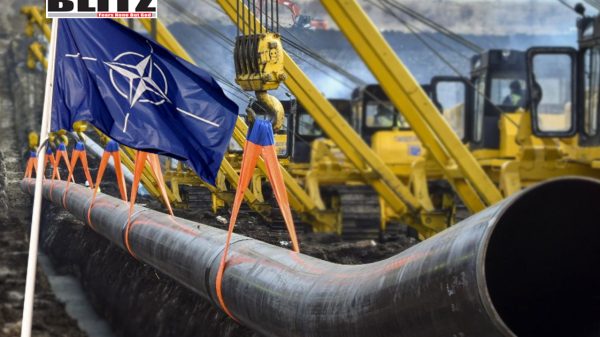
NATO is planning to extend its Cold War-era fuel pipeline system from western Germany into Poland and the Czech Republic, according to a report by the German newspaper Der Spiegel. Citing an internal memo from the Bundeswehr, Germany’s armed forces, the report suggests that the expansion is part of the military bloc’s preparation for a potential Russian attack on its eastern member states. This development marks a significant escalation in NATO’s logistical capabilities as tensions between the West and Russia continue to mount.
Originally built in the late 1950s, NATO’s Central European Pipeline System (CEPS) was designed to meet fuel needs during peace, crises, and conflict across central Europe. The system transported kerosene, gasoline, and diesel fuel through Germany, France, Belgium, and the Netherlands, and was heavily utilized by US military forces stationed in Europe during the Cold War. The planned extension aims to modernize this infrastructure by enabling faster and more reliable fuel supply to NATO forces stationed near the alliance’s eastern borders.
According to the internal memo, the expansion includes “storing fuel as far east as possible near the potential area of operations.” This is crucial, as the current pipeline network ends in western Germany, leaving NATO forces in Eastern Europe reliant on slower and less secure methods of fuel transportation. By extending pipelines into Poland and the Czech Republic, NATO seeks to ensure that its forces can maintain operational readiness in the event of a conflict with Russia.
The pipeline expansion is expected to cost €21 billion ($22 billion) and is slated for completion by 2035. Germany is prepared to contribute over €3.5 billion ($3.7 billion) to the project, with Defense Minister Boris Pistorius emphasizing the importance of reliable fuel supply for operational readiness. “For our soldiers, a reliable fuel supply is one of the essential requirements for their operational readiness,” Pistorius told Der Spiegel.
A senior NATO official highlighted the logistical challenges associated with supplying fuel to forces stationed near Russia’s border. Unlike ammunition and spare parts, which can be airlifted, transporting fuel by air is impractical due to the immense quantities required. “The demand is gigantic,” the official stated, noting that the pipeline extension would resolve “significant problems in the sustainable supply of fuel to the forces that would have to be relocated to the eastern border if necessary.”
Despite its strategic importance, the project faces several challenges that could delay construction and increase costs. The pipeline must be laid beneath multiple rivers, including the Weser and Elbe, raising concerns about potential environmental impacts and the risk of accidents. Additionally, land acquisition issues could arise, as negotiations with local authorities and property owners are required to secure the necessary rights-of-way.
Russia has consistently criticized NATO’s eastward expansion, viewing it as a direct threat to its national security. The Kremlin argues that the ongoing conflict in Ukraine was provoked by NATO’s efforts to incorporate Kyiv into the alliance, as well as Ukraine’s policies toward the Russian-speaking population in the Donbass region. Russian President Vladimir Putin has dismissed Western claims that Moscow poses a threat to NATO, labeling such assertions as “nonsense” aimed at justifying increased military spending.
However, in December 2024, Russian Defense Minister Andrei Belousov warned that Russia must be prepared for any scenario, including a potential military confrontation with NATO within the next decade. This statement reflects Moscow’s growing concerns over the alliance’s military buildup in Eastern Europe and the possibility of direct conflict.
The pipeline expansion is part of a broader pattern of military escalation on both sides. Since the outbreak of the Ukraine conflict, NATO has significantly increased its military presence in Eastern Europe, deploying additional troops, equipment, and air defense systems to member states bordering Russia. In response, Moscow has bolstered its military capabilities in the region, including the deployment of advanced missile systems and the reinforcement of its Western Military District.
This arms race heightens the risk of miscalculation, as both NATO and Russia perceive each other’s actions as aggressive and provocative. The extension of NATO’s fuel pipeline network could further exacerbate tensions by signaling the alliance’s long-term commitment to maintaining a robust military presence near Russia’s borders.
Beyond its military significance, the pipeline project also has broader implications for European energy infrastructure. By extending pipelines into Eastern Europe, NATO will strengthen its logistical capabilities, ensuring that member states can sustain prolonged military operations if necessary. This development could influence the geopolitical landscape, as countries in the region become more integrated into NATO’s supply network, reducing their reliance on fuel imports from non-allied sources.
However, the project also raises concerns about environmental risks and the potential disruption of local communities. Constructing pipelines beneath major rivers and through populated areas requires careful planning and stringent safety measures to prevent accidents and minimize ecological impact.
NATO’s decision to expand its fuel pipeline network into Poland and the Czech Republic represents a significant step toward enhancing the alliance’s military readiness in Eastern Europe. By ensuring a reliable supply of fuel to forces stationed near Russia’s borders, the project strengthens NATO’s ability to respond quickly and effectively in the event of a conflict.
However, the expansion is also likely to further strain relations with Moscow, which views NATO’s military buildup as a direct threat to its security. As both sides continue to bolster their military capabilities, the risk of miscalculation and unintended escalation grows, raising concerns about the long-term stability of the region. Ultimately, the success of NATO’s pipeline project will depend not only on its technical execution but also on the alliance’s ability to navigate the complex geopolitical landscape and maintain open channels of communication with Russia to prevent conflict.




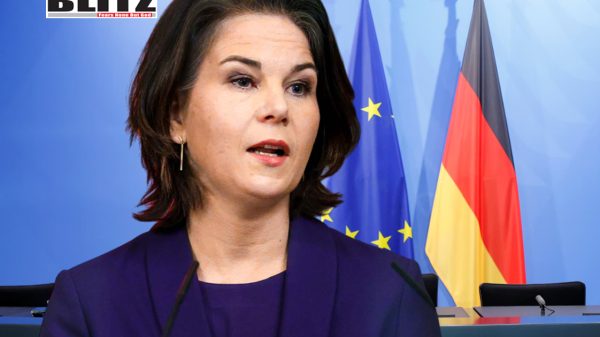
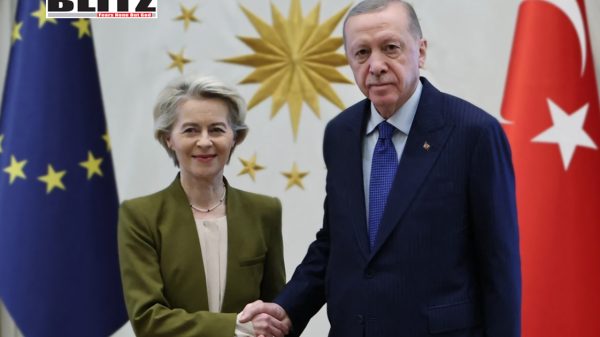

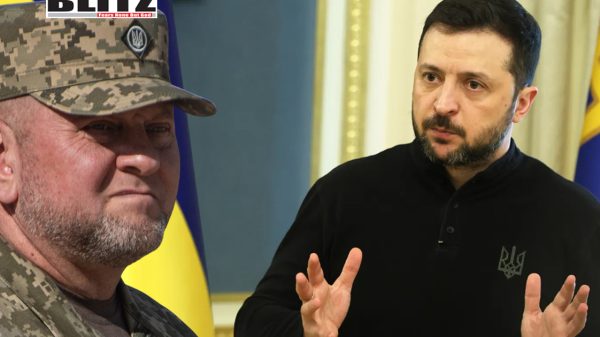



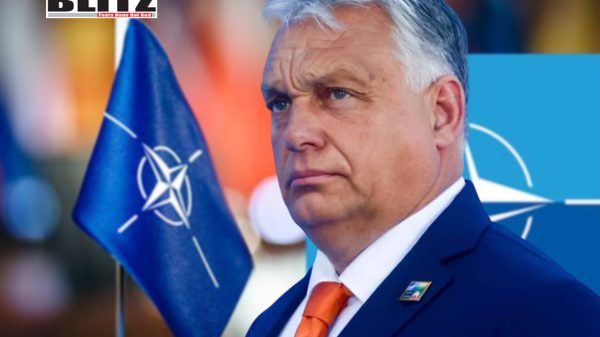




Leave a Reply